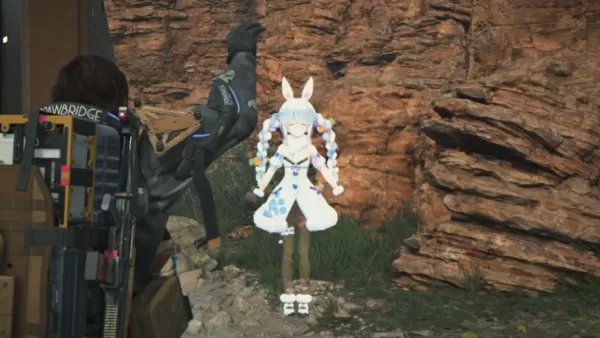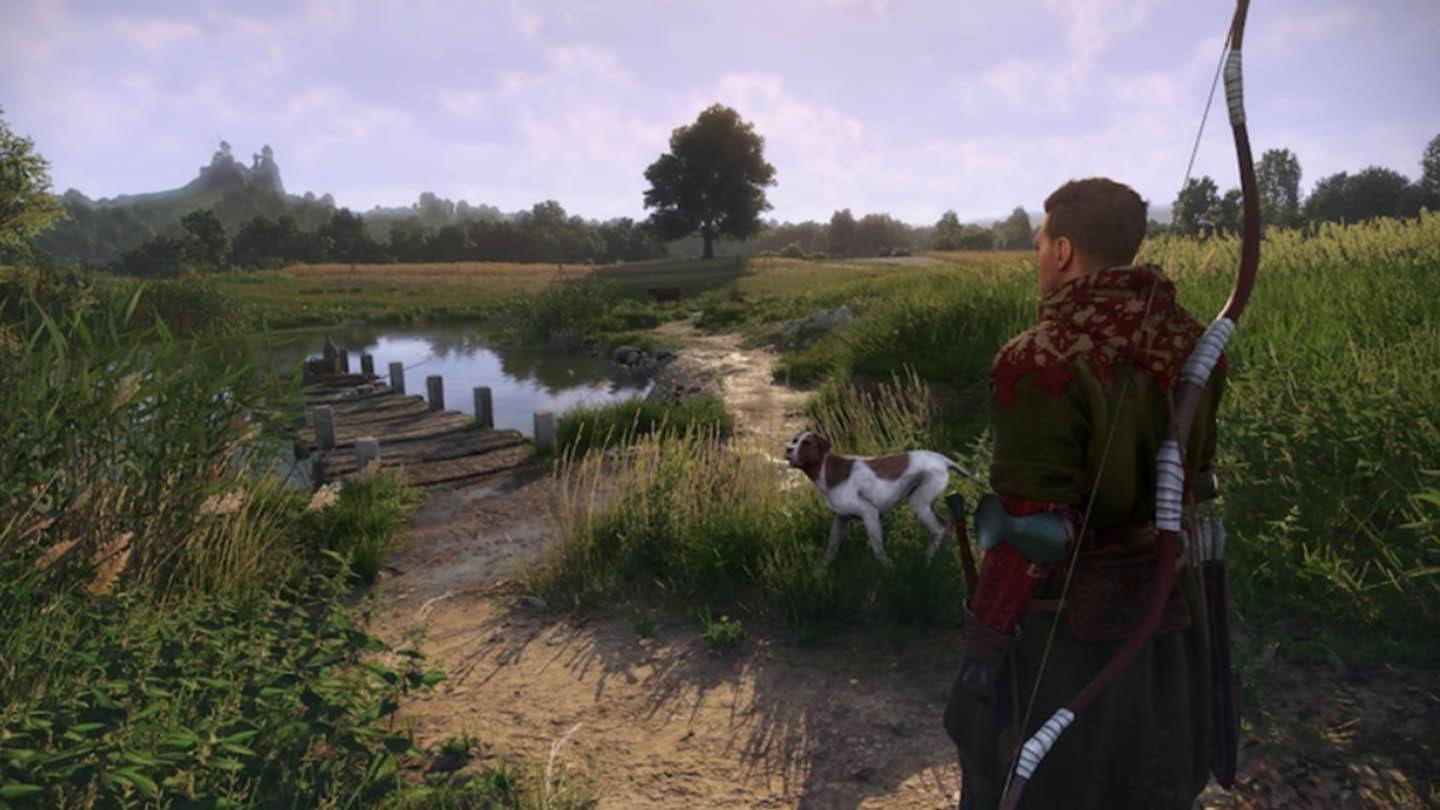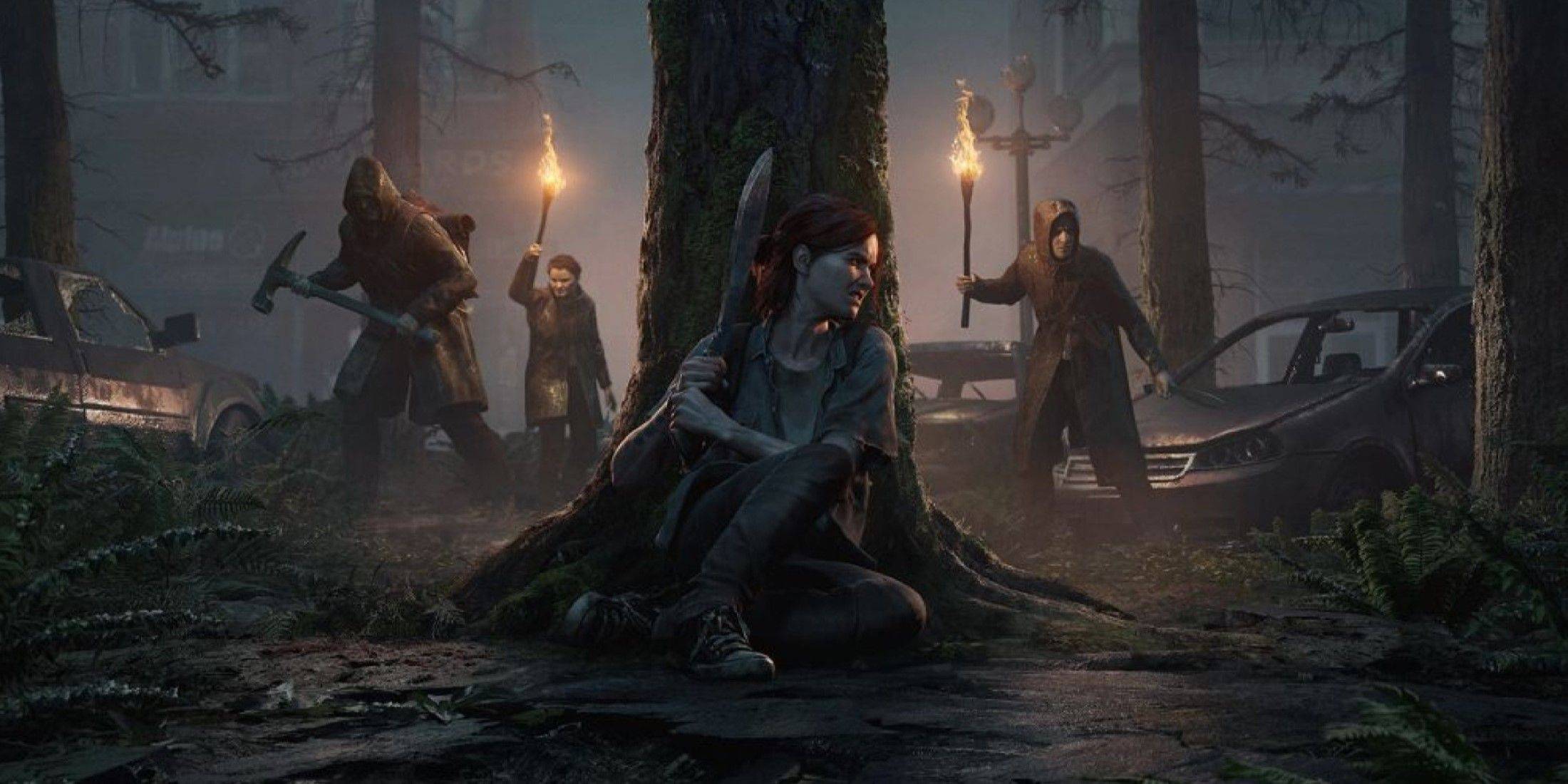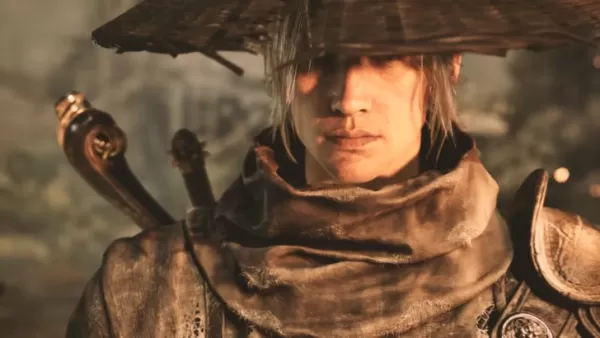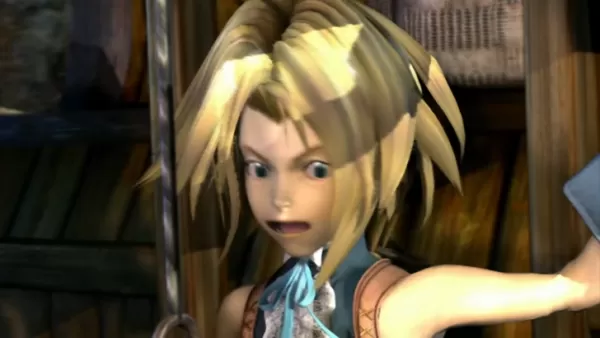The Best Quentin Tarantino Movies, Ranked
- By Liam
- Apr 07,2025
Following a change of heart, Quentin Tarantino has canceled his eleventh film, The Movie Critic, leaving fans curious about what the director's next (and likely final) movie will be. As we await his next move, it's the perfect time to indulge in a Tarantino-athon. Below, we've ranked each of the 10 feature-length films the filmmaker has directed. Note that we're focusing on "feature-length" films, so we're not including the segments he directed for Sin City and Four Rooms.
It's worth mentioning that Tarantino hasn't made a truly bad film yet; some are just not as stellar as his best efforts. Keep this in mind as you peruse our list. Even Tarantino's least acclaimed works often outshine the best of many other filmmakers.
Here are the best Quentin Tarantino films, ranked. We encourage you to share your thoughts and your own rankings in the comments section below!
Ranking the Movies of Quentin Tarantino
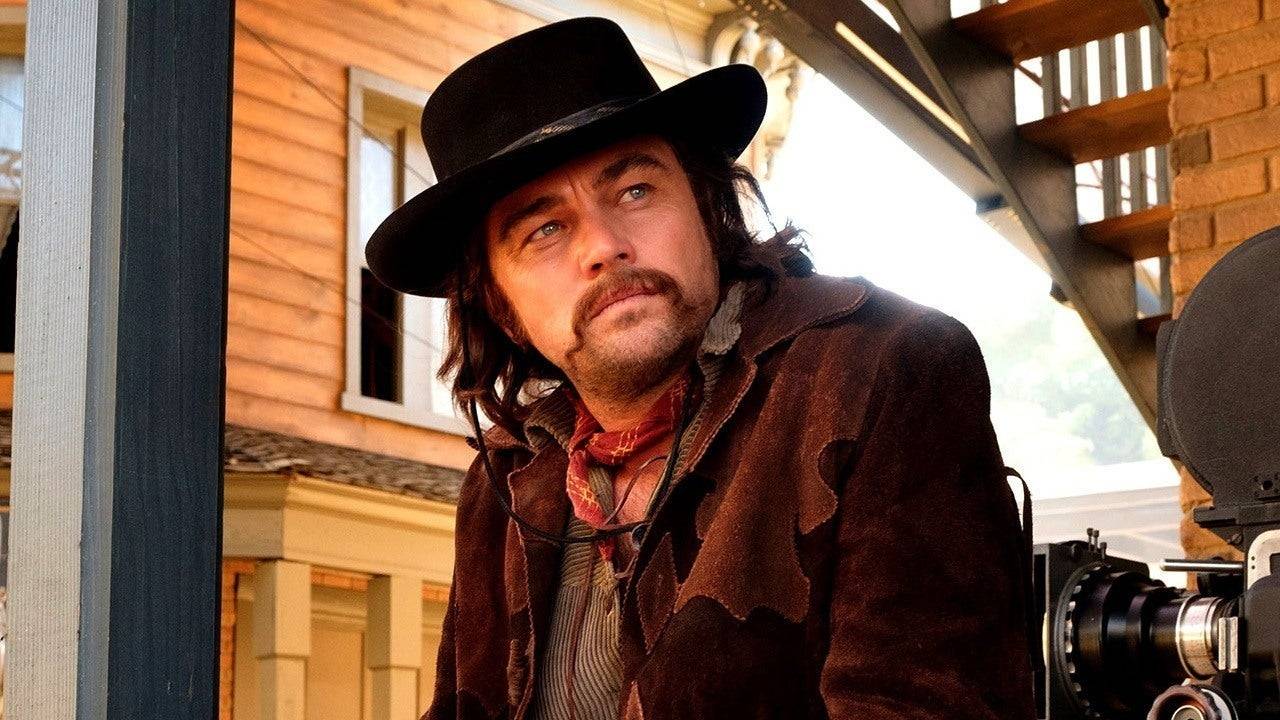
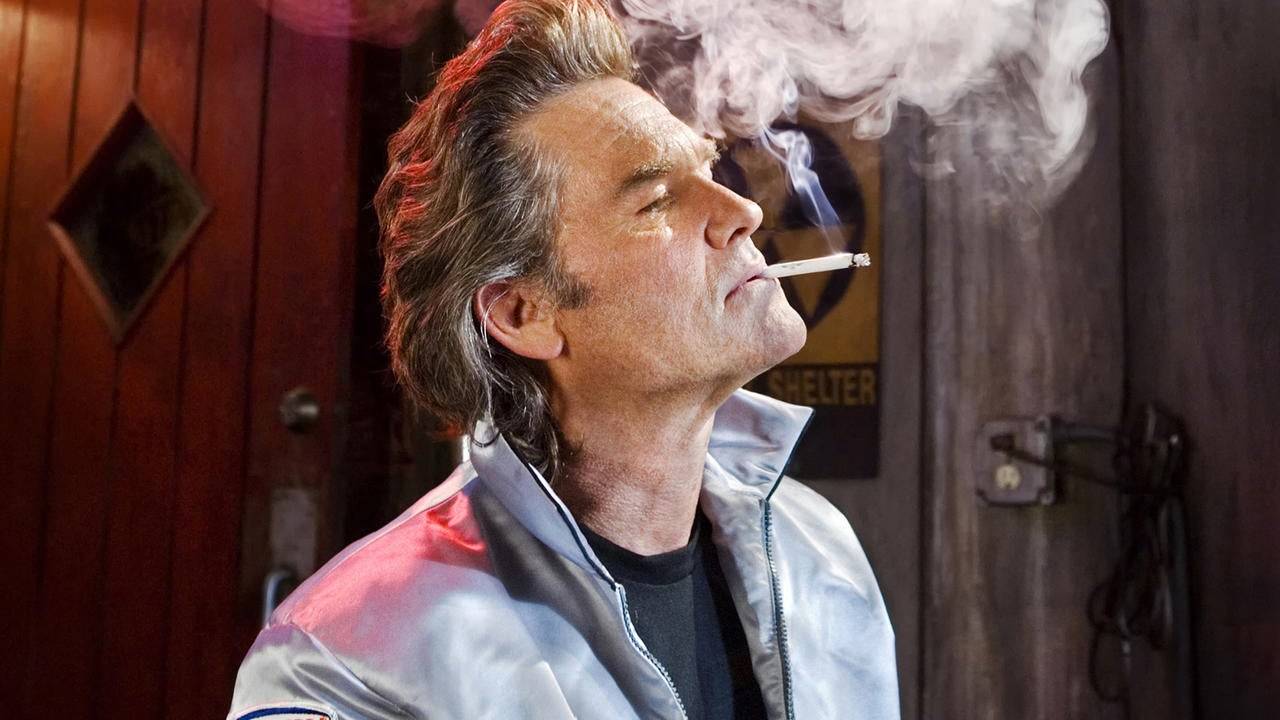 11 Images
11 Images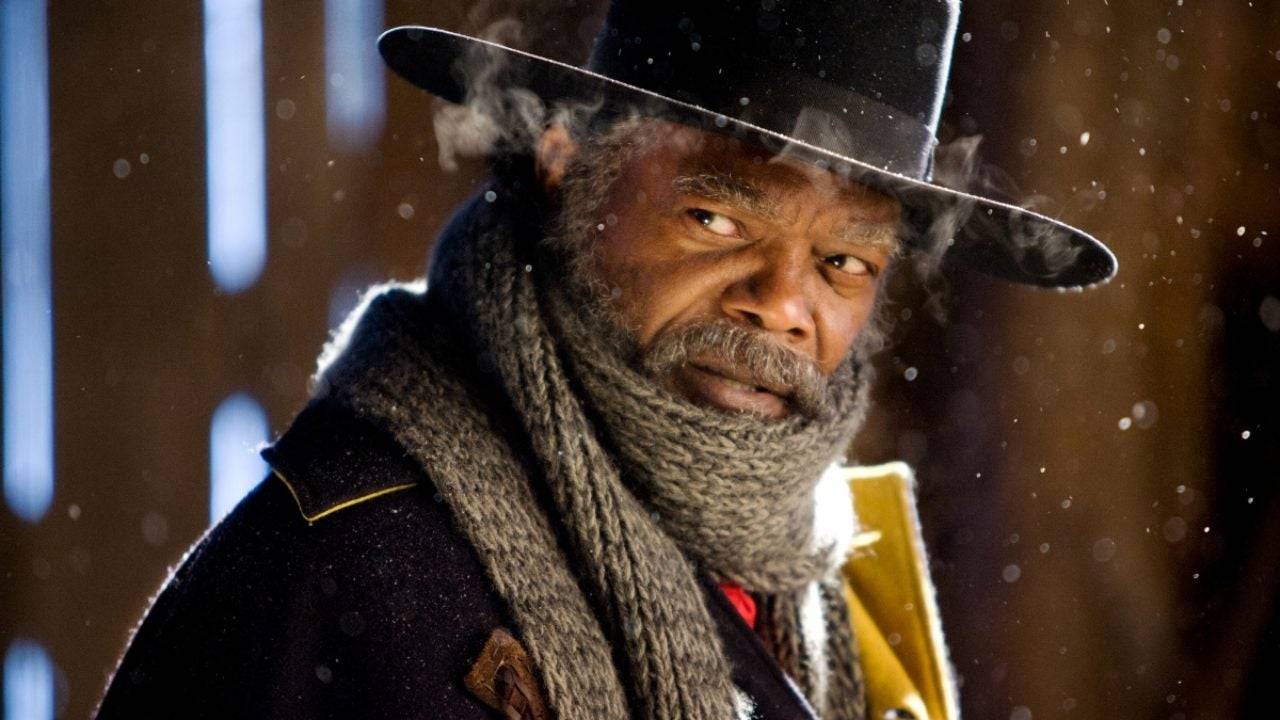
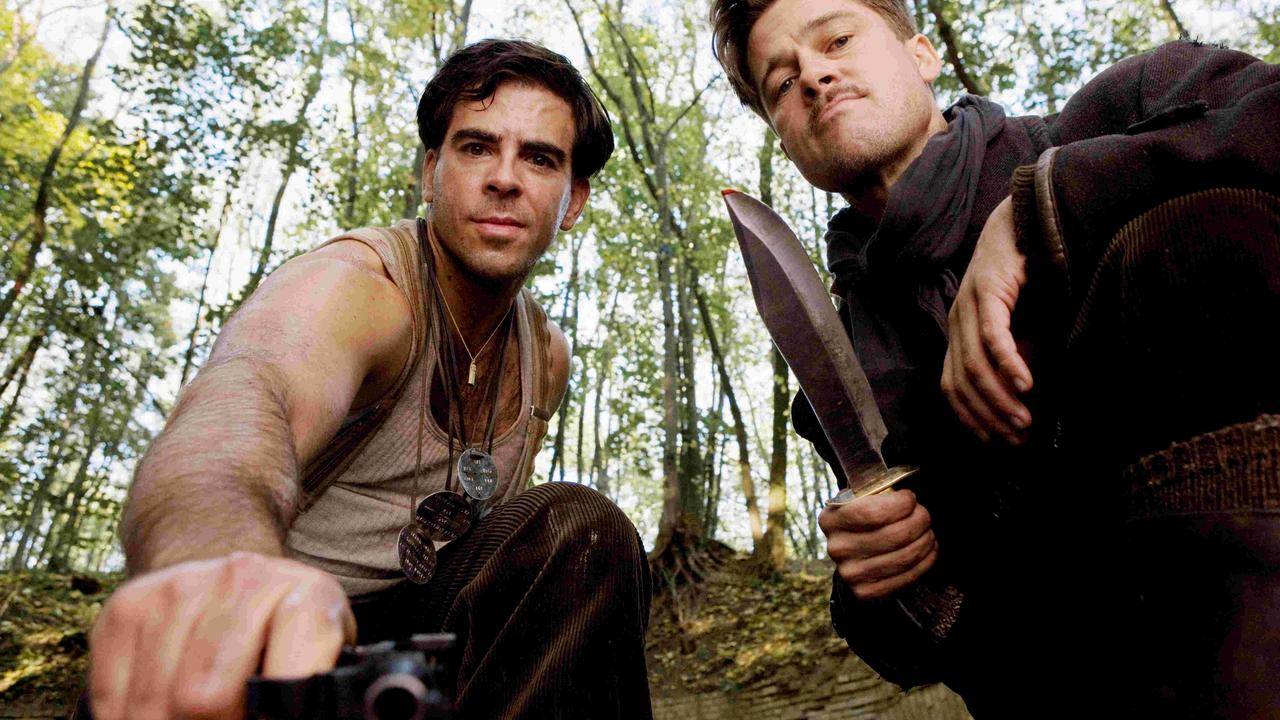
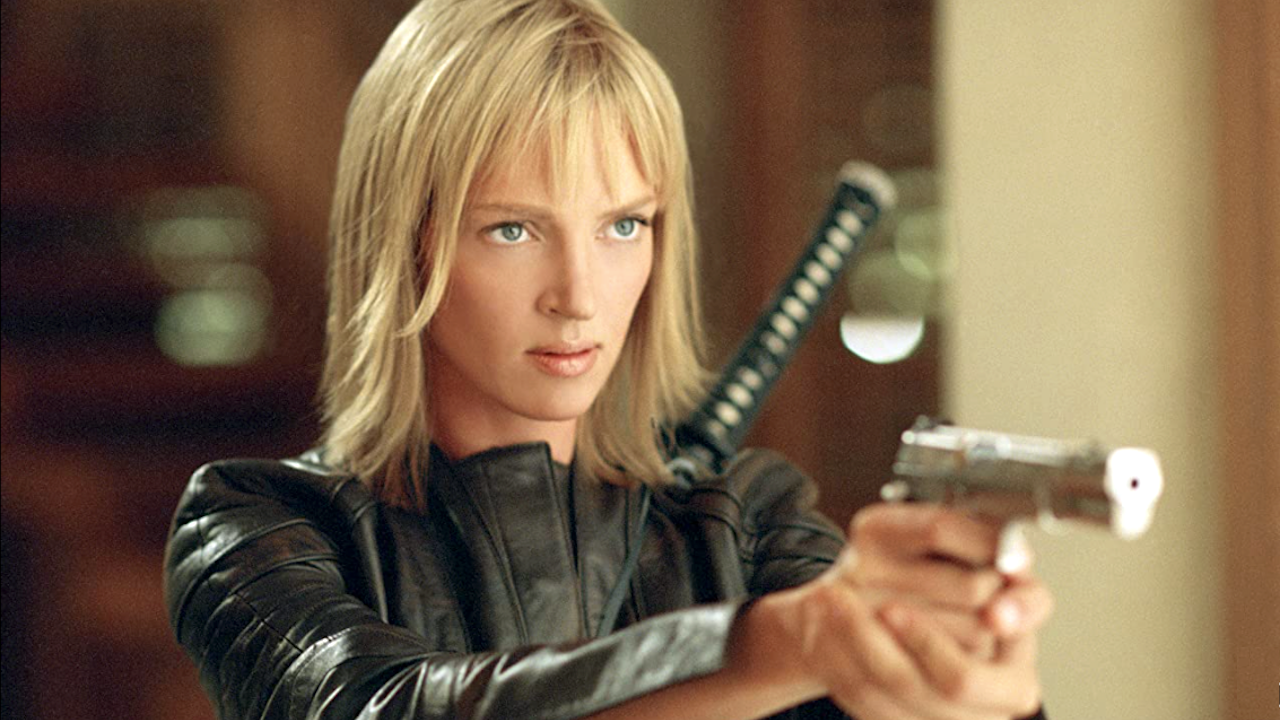
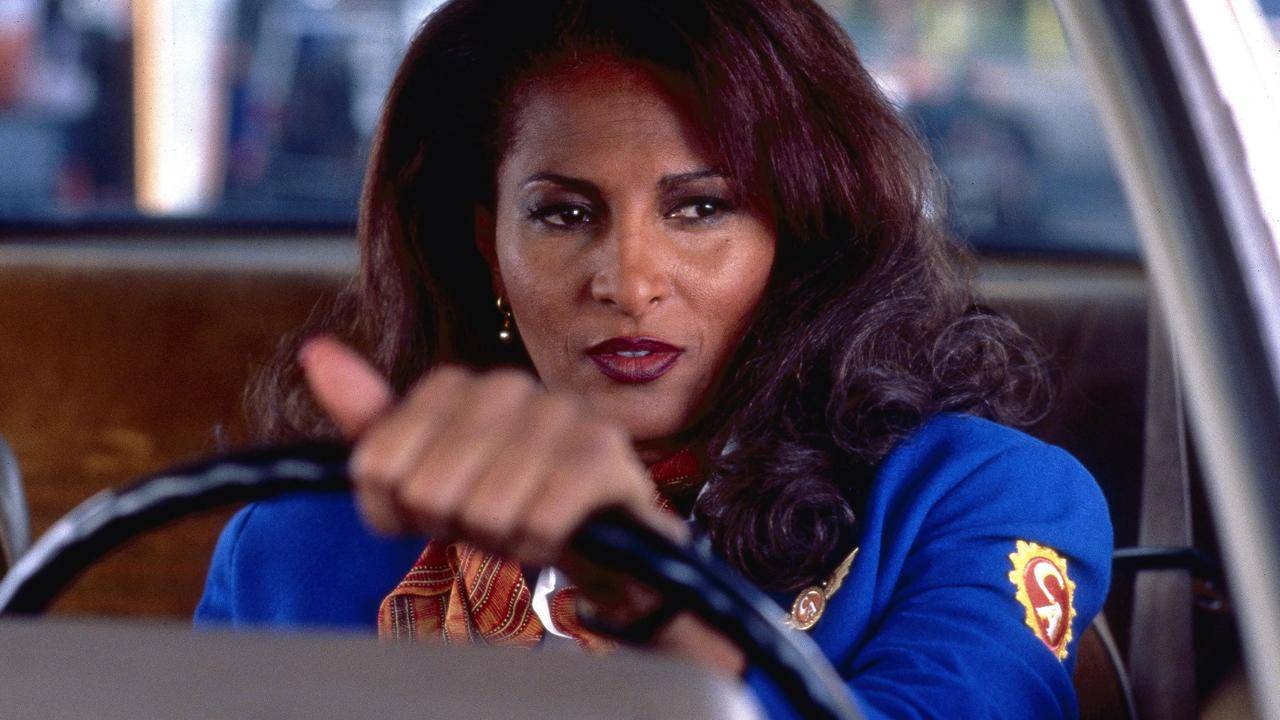
10. Death Proof (2007)
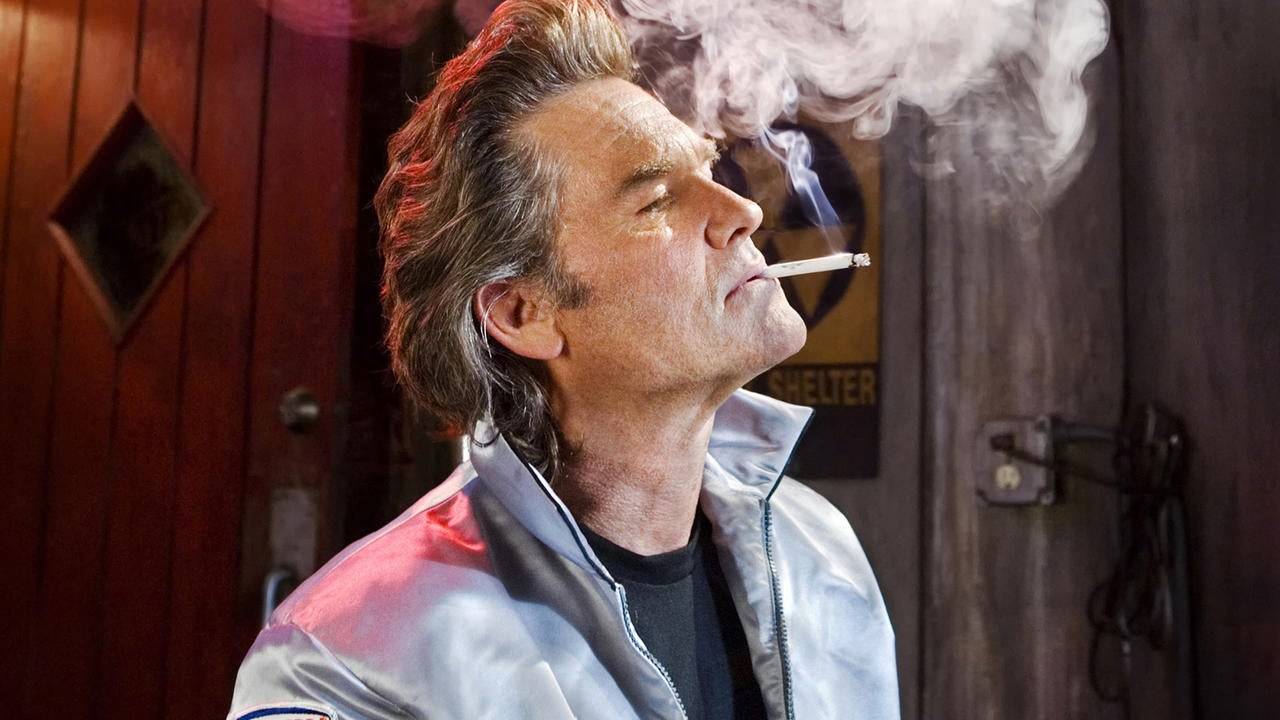
Let's address the elephant in the room: Death Proof may not be as fun as Planet Terror, but it stands as the smartest homage to B-movies ever crafted. The film feels like a project that one of the most talented and audacious filmmakers might whip up with friends over a few weekends, albeit with the backing of a major production company and a rapid-fire script.
The tale of Stuntman Mike and his deadly car chase against a group of beautiful, chatty women is a thrilling ride. It revitalizes Kurt Russell's career and challenges viewers with nearly 40 minutes of dialogue before the action kicks in. While polarizing (unless you're a Cannes regular), Death Proof remains a unique, studio-free work that's a must-watch in today's cinematic landscape. The climactic chase, fueled by revenge and sheer excitement, should win over even the most skeptical viewers.
9. The Hateful Eight (2015)
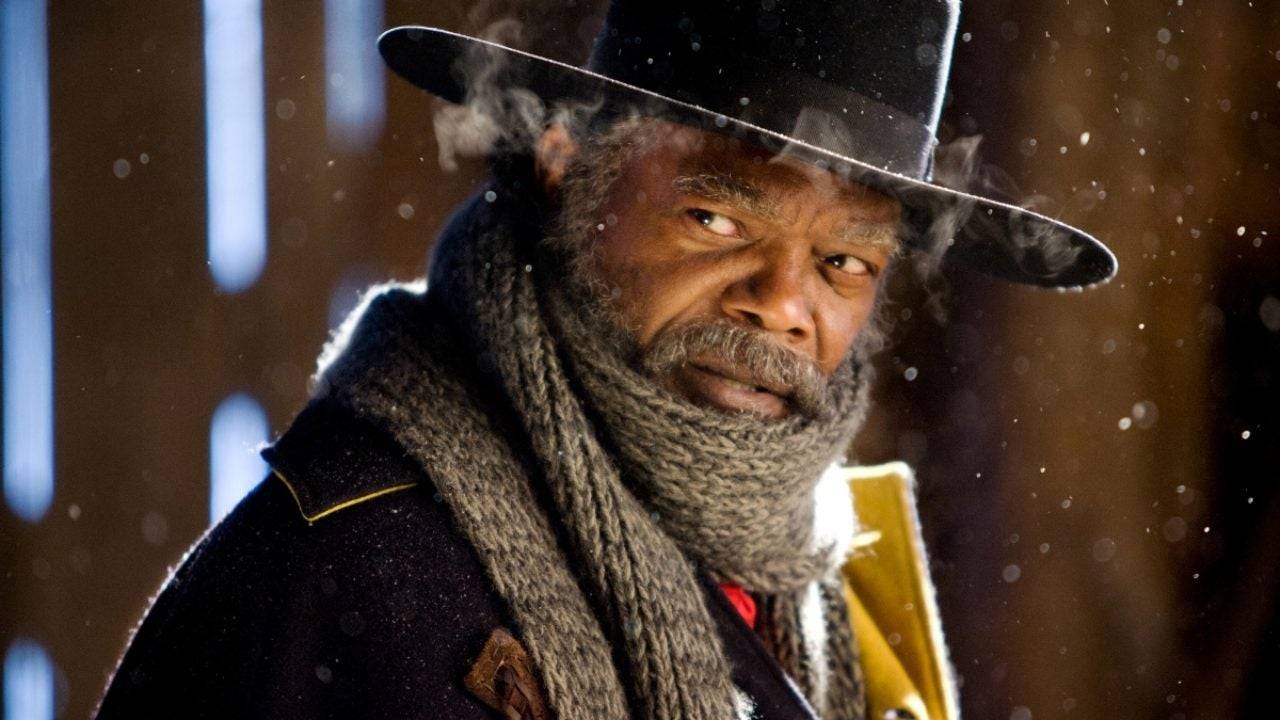
With its vicious humor and intense narrative, The Hateful Eight delves deeply into race relations and human nature, all while showcasing the brutality of the Wild West. This film masterfully blends western and mystery genres, adding a touch of gallows humor to create an intense character study and a tribute to classic 70mm filmmaking.
Set in the post-Civil War era, The Hateful Eight tackles contemporary issues with nuance and maturity, making it arguably Tarantino's most adult-oriented story. While fans might notice familiar elements from Tarantino's previous works, such as echoes of Reservoir Dogs, these similarities don't detract from the overall impact of the film. The compelling narrative and strong performances overshadow any minor quibbles.
8. Inglourious Basterds (2009)
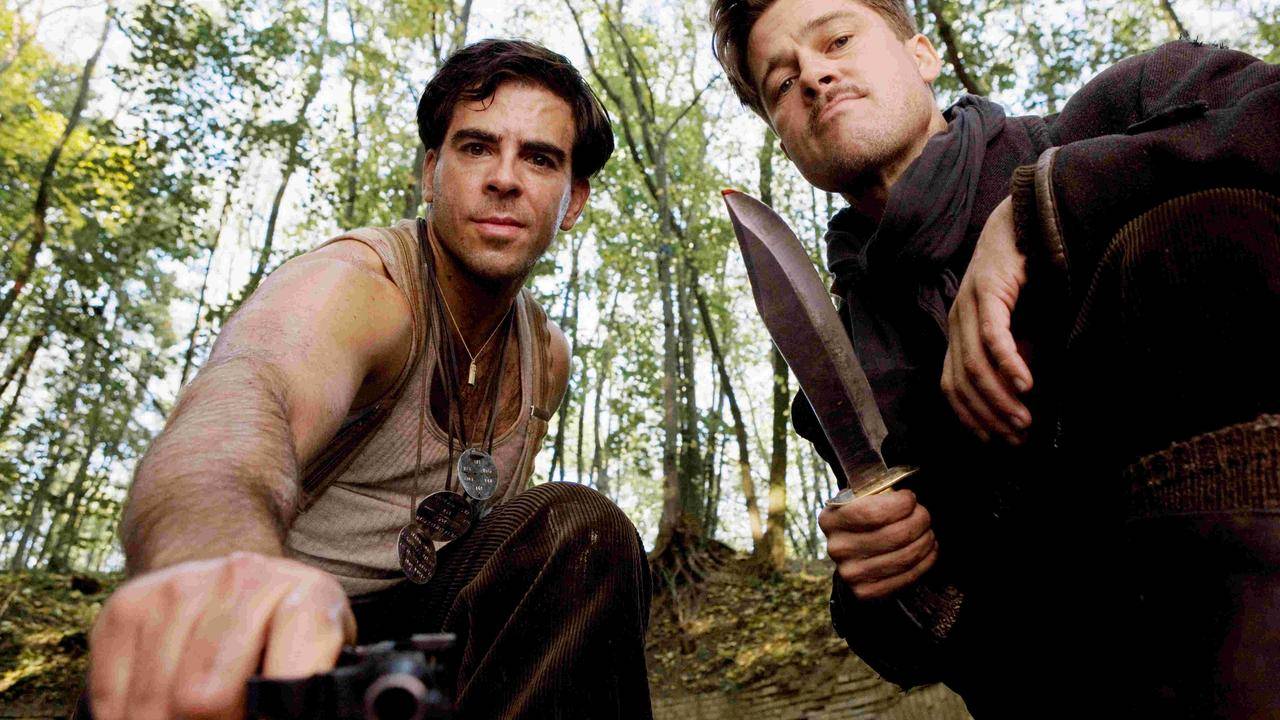
Tarantino's self-described homage to The Dirty Dozen, Inglourious Basterds is more akin to a series of theatrical vignettes than a single narrative. It's his most theatrical work since Reservoir Dogs, featuring standout performances and dialogue that builds suspense. However, the film's structure, with long conversations leading to brief bursts of action, can feel disjointed.
Christoph Waltz's Oscar-winning portrayal of Colonel Hans Landa is one of Tarantino's most memorable villains—charming, brutal, and cunning. Brad Pitt's Lt. Aldo Raine, initially a one-dimensional character, gains depth through Pitt's terrifying yet hilarious performance. While the individual segments are well-crafted, Inglourious Basterds struggles to coalesce into a unified whole.
7. Kill Bill: Volume 2 (2004)
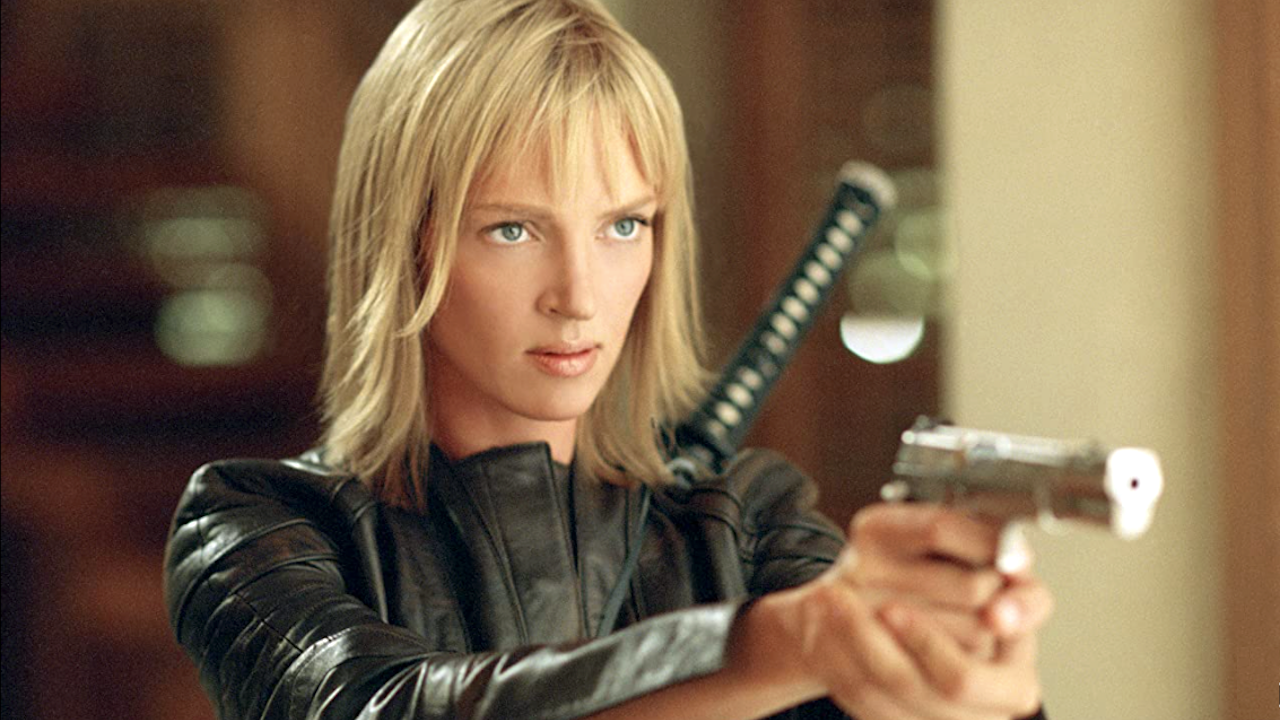
Kill Bill: Volume 2 follows The Bride (Uma Thurman) as she seeks vengeance against the remaining members of her hit list: Elle Driver (Daryl Hannah), Budd (Michael Madsen), and Bill (David Carradine). Tarantino promised a shift towards his signature style of slick dialogue and pop culture references, and Volume 2 delivers on that promise, becoming one of his most dialogue-heavy films.
This installment delves deeper into The Bride's backstory, providing context and motivation that enrich the narrative. The confrontation between The Bride and Elle Driver in Budd's trailer is a masterclass in violent storytelling. Uma Thurman's performance showcases a wide range of emotions, making Volume 2 a compelling continuation of the saga.
6. Jackie Brown (1997)
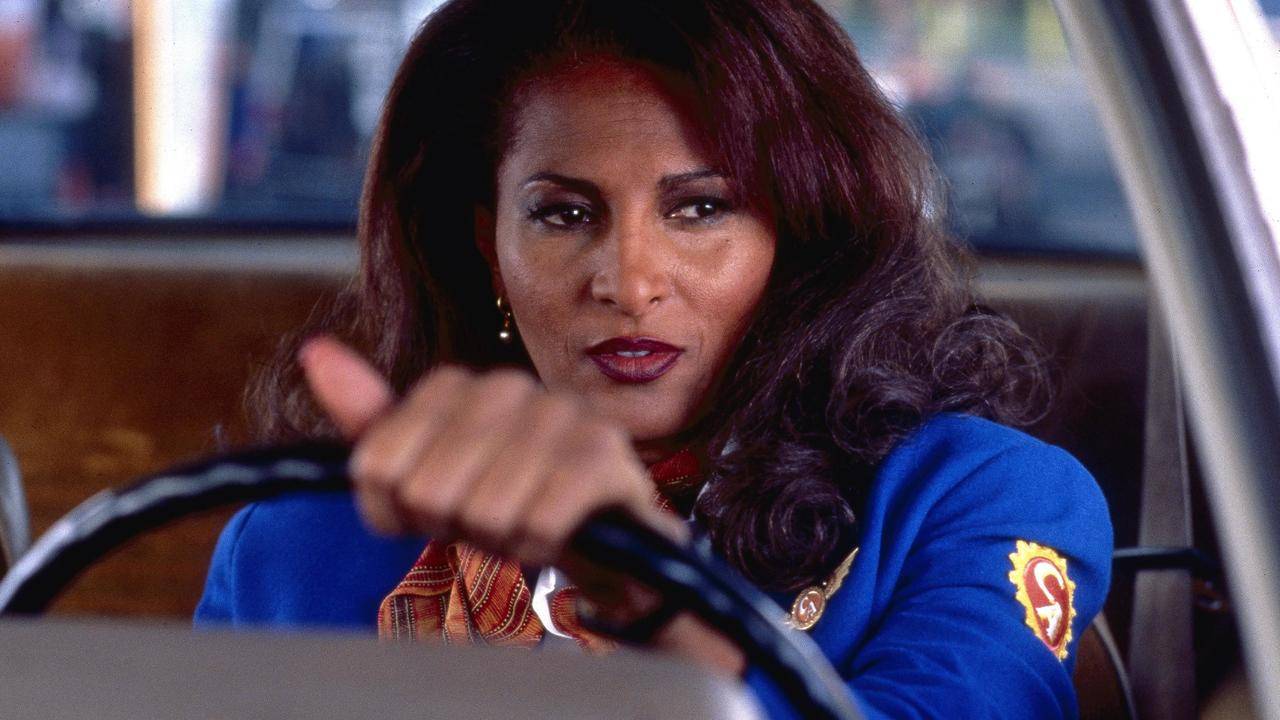
Upon its release, Jackie Brown received positive reviews but was seen as a stumble following the groundbreaking Pulp Fiction. As Tarantino's only adaptation, based on Elmore Leonard's Rum Punch, it took him out of his comfort zone. However, over time, Jackie Brown has been recognized as one of Tarantino's strongest and most restrained character-driven films.
The plot revolves around Pam Grier's Jackie Brown, who navigates a complex web involving Samuel L. Jackson's gun runner, Robert Forster's sympathetic bail bondsman, and Michael Keaton's no-nonsense ATF agent. The dense yet engaging plot, combined with the joy of seeing actors like De Niro and Keaton thrive in Tarantino's world, makes Jackie Brown a standout.
5. Django Unchained (2012)
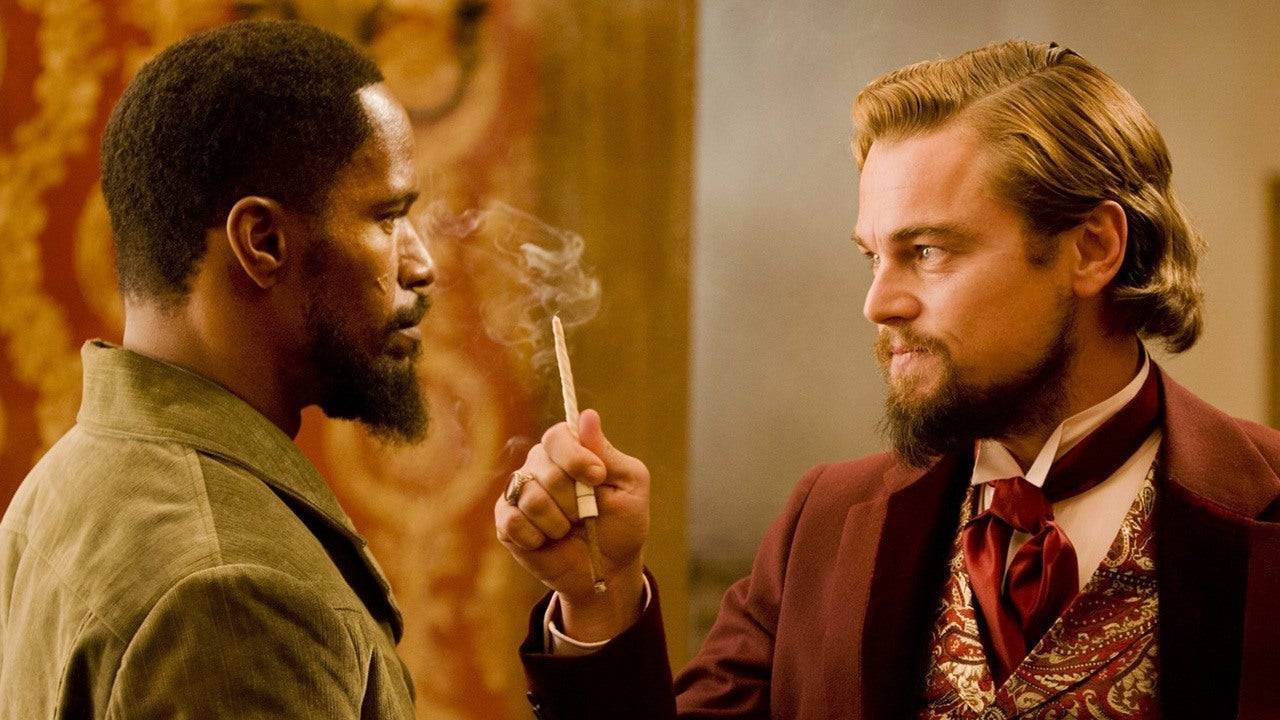
Django Unchained doesn't shy away from the horrors of slavery while delivering a wild, bloody, and crowd-pleasing homage to spaghetti westerns. The film strikes a balance between absurd comedy and the brutal realities of life for slaves in the antebellum South, making it both entertaining and thought-provoking.
The casual and incessant racism depicted is shocking yet historically accurate. Despite its dark themes, Django Unchained remains a fun and essential watch, showcasing Tarantino's ability to blend genres and tones seamlessly.
4. Once Upon a Time...in Hollywood (2019)
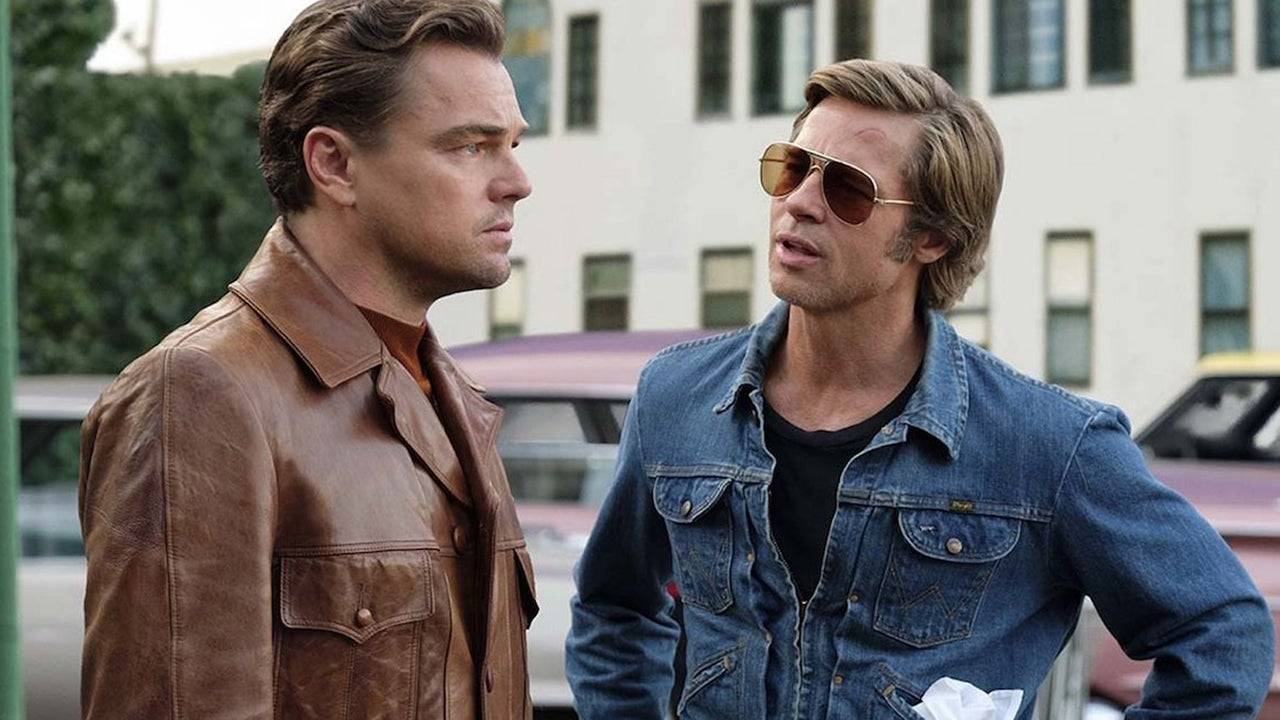
Tarantino's most recent film, Once Upon a Time...in Hollywood, is not only one of his best but also his second major "What If...?" alternate history project after Inglourious Basterds. The film offers a crowd-pleasing "course correction" ending while exploring deeper emotional themes, all while maintaining Tarantino's signature ultra-violence.
Set in 1969, the story follows an aging actor and his loyal stunt double as they navigate the changing film industry and inadvertently cross paths with the Manson Family. With standout performances from Leonardo DiCaprio, Brad Pitt (who won an Oscar for his role), and Margot Robbie as Sharon Tate, the film serves as a nostalgic time capsule filled with memorable moments and intense scenes.
3. Reservoir Dogs (1992)
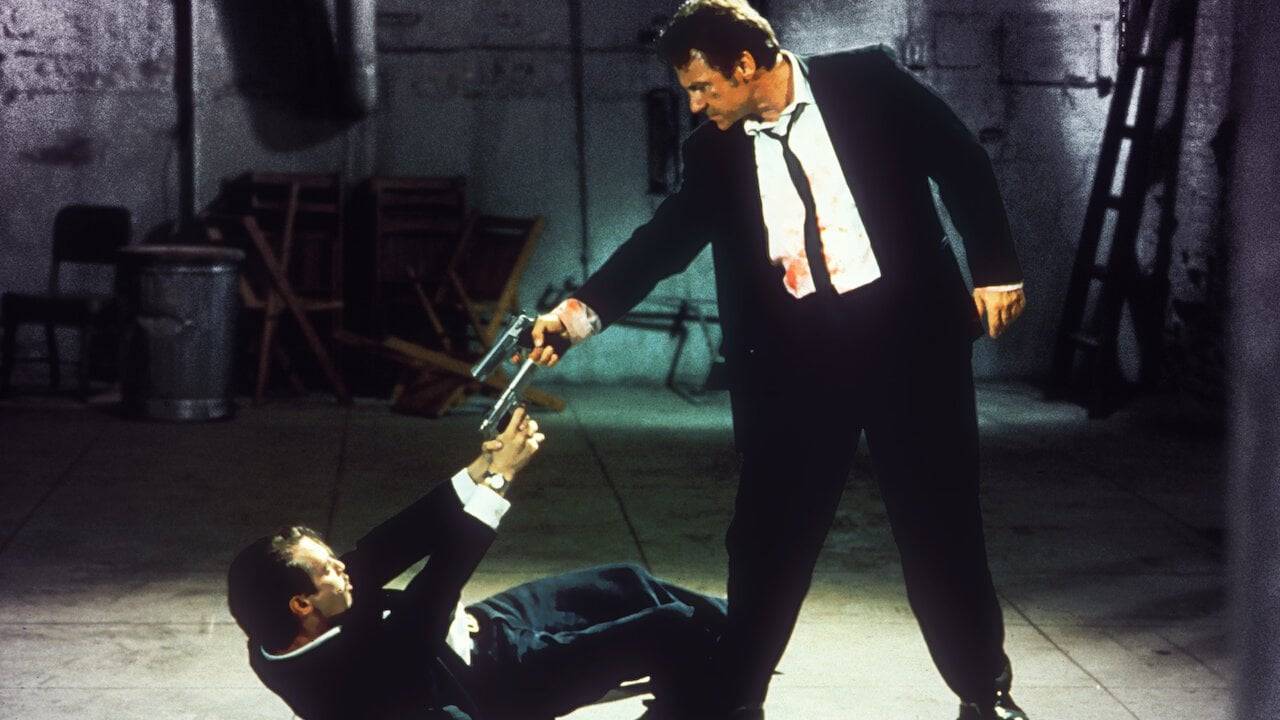
As Tarantino's shortest film, Reservoir Dogs is also his tightest. Every digression into pop culture is matched with essential plot development or character building, resulting in a lightning-fast pace that keeps viewers on the edge of their seats. Tim Roth, Steve Buscemi, and Michael Madsen deliver star-making performances, while seasoned actors like Lawrence Tierney and Harvey Keitel elevate the material to new heights.
Tarantino's creative direction transforms a single-location story into a minor epic, revolutionizing crime cinema and influencing a generation of filmmakers. In just 100 minutes, Reservoir Dogs became an instant classic, cementing Tarantino's place in cinematic history.
2. Kill Bill: Volume 1 (2003)
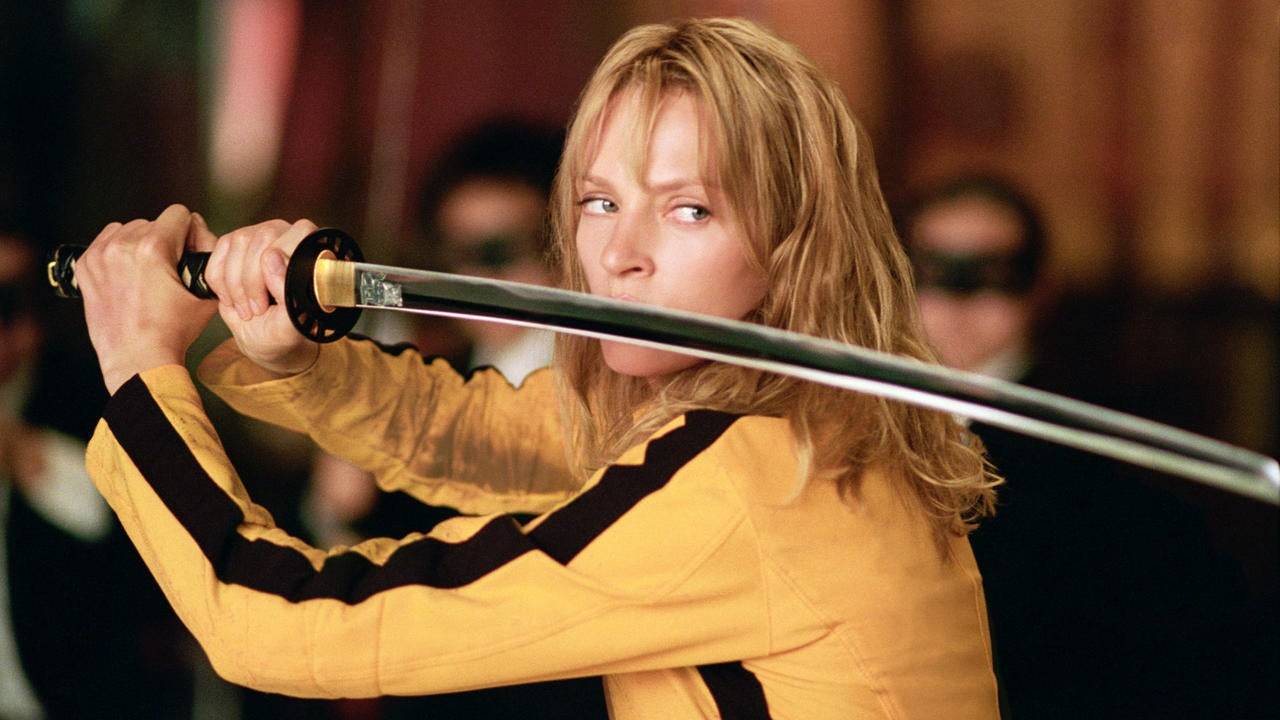
Tarantino's two-part homage to The Bride Wore Black follows The Bride (Uma Thurman) as she seeks revenge against her former lover Bill (David Carradine) and his cohorts after they massacre her wedding party. After waking from a four-year coma, The Bride embarks on a global quest for vengeance.
Volume 1 is a blood-soaked spectacle, with perfect casting across the board. Uma Thurman's portrayal of The Bride is particularly noteworthy, as she effortlessly delivers Tarantino's iconic dialogue and transforms into a formidable action hero when the film shifts to action.
1. Pulp Fiction (1994)
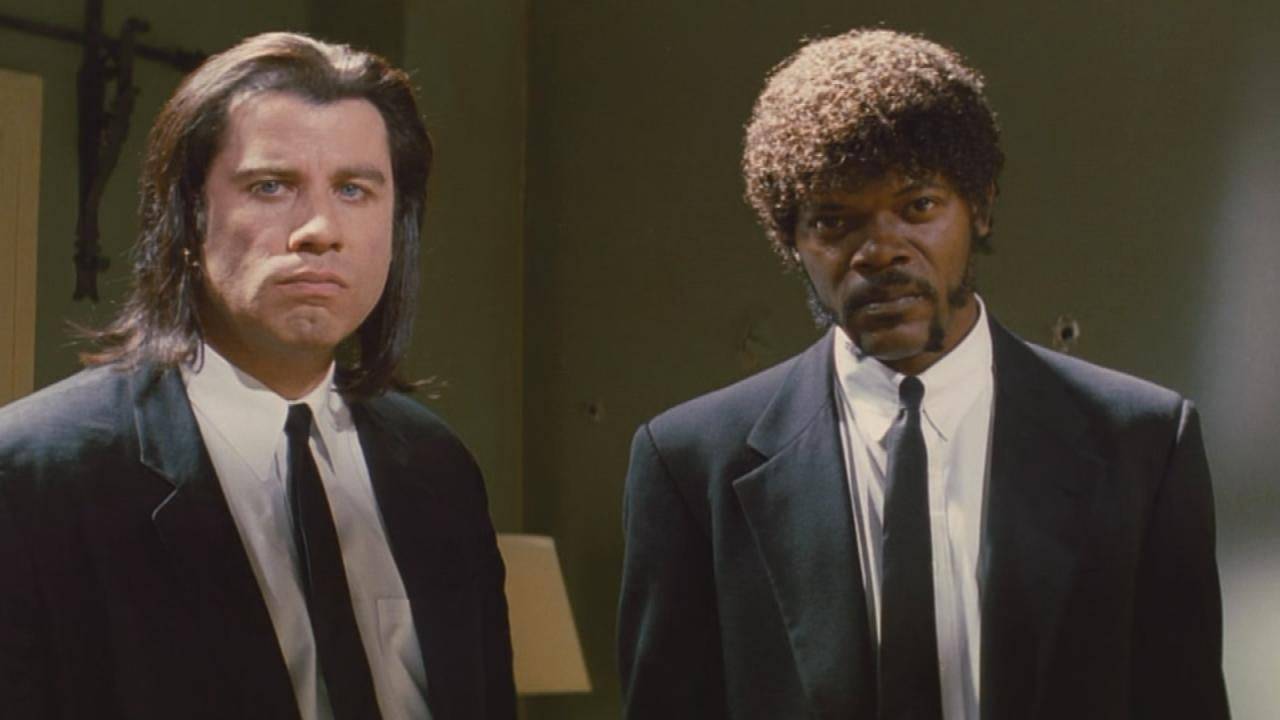
In 1995, Pulp Fiction competed with Forrest Gump for the Best Picture Oscar, with Gump ultimately taking home the prize. However, Pulp Fiction left an indelible mark on pop culture, with its non-linear storytelling, rock-and-roll energy, and instantly quotable dialogue.
The film features a Bible-quoting hitman, his less-than-righteous partner, leather-clad gimps, hidden watches, and five-dollar milkshakes. Tarantino's direction and use of source music elevated the film, setting the stage for numerous imitators and inspiring a generation of filmmakers. Pulp Fiction not only changed the way movies were made but also redefined our expectations of cinema.
The best Quentin Tarantino movies
And that's our ranking of the best Quentin Tarantino movies. Do you agree with our list, or do you have a different order in mind? Share your thoughts in the comments below or create your own Tarantino tier list using our handy tool above.
Latest News
more >-
-
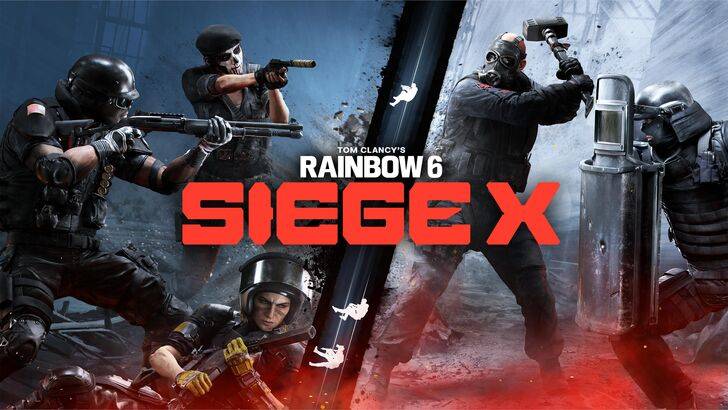
- Rainbow Six Siege X Beta Adds 6v6 Mode
- Jan 01,2026
-

- One Fight Arena: STAR Athletes in Match-3 Game
- Jan 01,2026
-
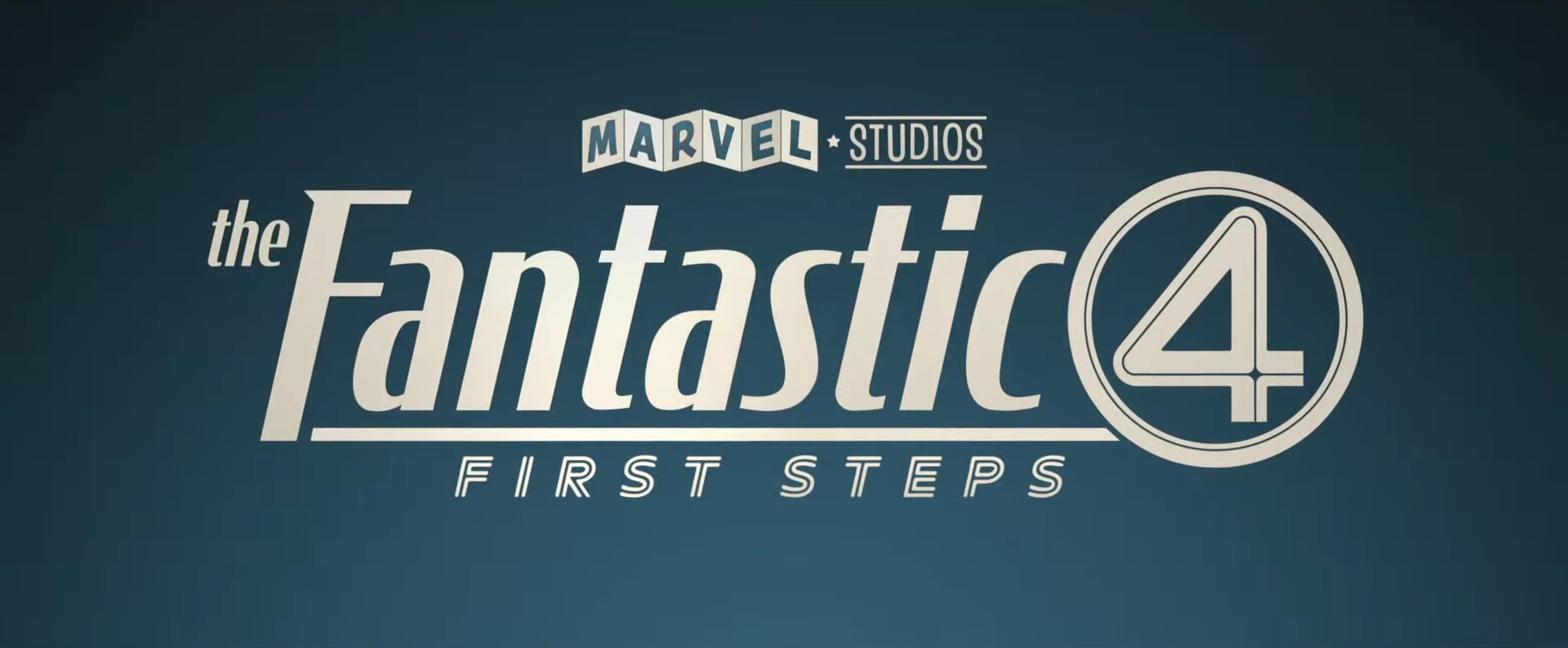
-
